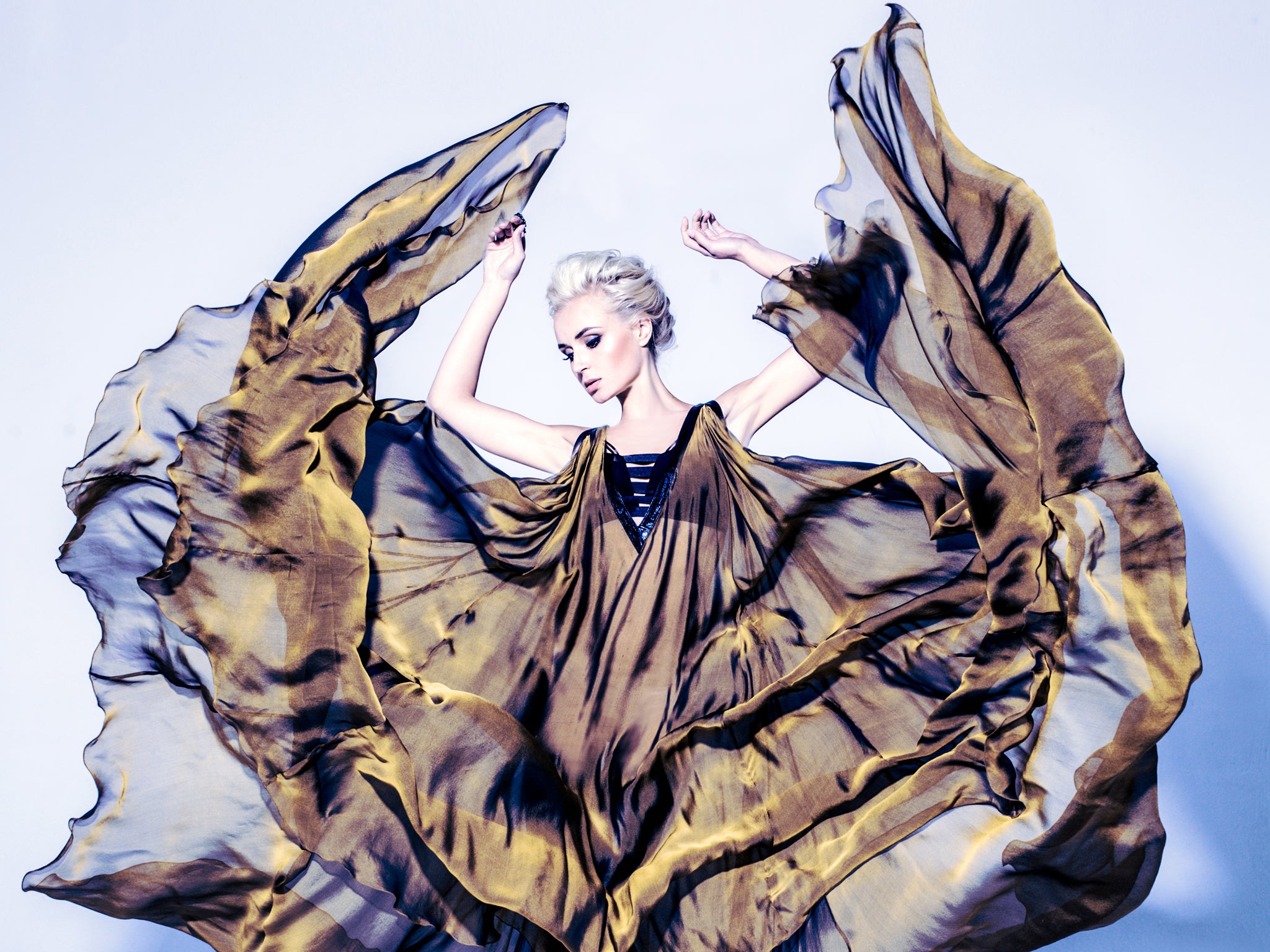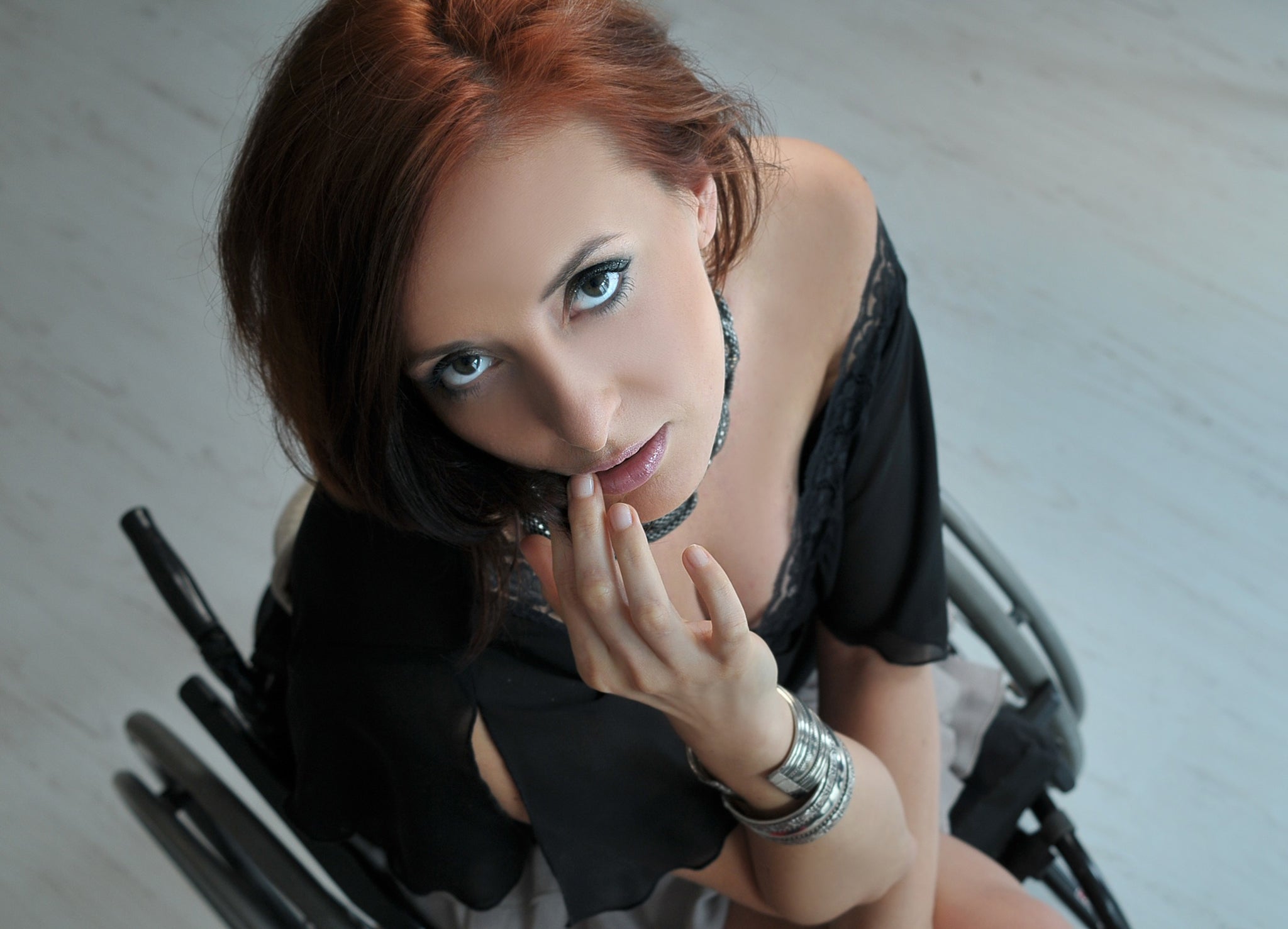Eurovision 2015: Russia enters song appealing to peace and tolerance to avoid boos
But the country's entry, Polina Gagarina, has been condemned by leading political and religious figures in Russia

Last year Russia’s Eurovision entry was roundly booed as the teenage Tolmachevy twins paid the price for their mother country’s aggression in Ukraine and homophobic laws.
But Russia has undergone a dramatic Eurovision reinvention and is now one of the favourites to win the competition, with an anthem appealing for peace and a new era of global tolerance.
Organisers of the geopolitical clash disguised as a music contest staged in Vienna have introduced “anti-booing technology” to avoid Polina Gagarina, Russia’s entry, suffering the same fate as her predecessors.
Special sound reducers have been installed should the acrimony towards Russia’s continuing actions in the Ukraine be reflected in a repeat of the negative audience reaction described as “very embarrassing” by producers.
However the technology looks unlikely to be activated. Gagarina’s song, A Million Voices, was greeted ecstatically during the semi-finals.
Opening with the phrase, “We are the world's people, Different yet we’re the same”, Gagarina seeks to distance herself from Russian’s anti-gay legislation and draw a line under previous controversies.
“We believe in a dream, Praying for peace and healing, I hope we can start again,” sings Gagarina, who shocked less tolerant forces at home by planting a backstage kiss on Conchita Wurst, the bearded cross-dressing singer who won for Austria in 2014.
Vitaly Milonov, a leading St Petersburg lawmaker and the author of controversial legislation banning the spread of “propaganda of non-traditional sexual relations” to minors, disowned Polina. “Don't you dare soil Russia by hugging Euro-perverts,” said Milonov.
A furious head of the Russian Orthodox Church, Patriarch Cyrill, said he hoped Russia loses, warning that “all of those bearded singers” who “impose that which is repulsive to our culture” will come to Moscow for next year’s final if Europe chooses Gagarina.
“We need to support lullabies and patriotic and spiritual songs. We need our own contests and must promote our own culture, including those that show it to the whole world,” Patriarch Kirill said.
Polina, who will sing to an outer-space Gagarin-inspired backdrop, admitted that representing a country as diverse as Russia was “quite a burden for me.”
She is flattered to have been named a bookies favourite. “I am a fatalist, and I am afraid of getting too many compliments and good words. But of course it's a big pleasure to see this,” the singer said.
Her song was constructed by an international team of authors, including Russians, Swedes and even an Australian who lives in Berlin.
The bookies expect Russia and Sweden’s entry, Heroes by Måns Zelmerlöw, to head the public vote. Monika Kuszyńska, singing Poland’s entry, will be the final’s first disabled performer. Kuszyńska, who was paralysed after a car accident in 2006, will perform her own composition In The Name Of Love, from a wheelchair.
Australia, invited to compete as one-off special as part of the show's 60th anniversary celebrations, has taken the opportunity seriously, sending Guy Sebastian, a former winner of the Australian Idol competition to perform. Germany could host the 2016 contest if Australia wins, with other nations unwilling to bear the cost.

The UK’s entry, duo Electro Velvet, are 40-1 outsiders for the event, celebrating its 60th anniversary which, will be watched by an estimated 200m viewers worldwide. Nigella Lawson will read out the results from the UK’s voting jury during the broadcast.
Sir Terry Wogan, who quit presenting Eurovision for the BBC after 35 years, complaining that it had become fatally compromised by politics, said of last year’s winner, Wurst: “I have to say that he was in danger of turning Eurovision into a freak show rather than a farce. This year looks like being the most bizarre contest of them all. With Russia singing about peace, Ukraine has pulled out.”
Sir Terry said of Ms Lawson’s contribution: “Let’s hope she can cook the figures to the same recipe as all those Eastern Bloc countries do.”
Eurovision Song Contest 2015, Saturday 8pm - 11:35pm, BBC One
Join our commenting forum
Join thought-provoking conversations, follow other Independent readers and see their replies
Comments
Bookmark popover
Removed from bookmarks